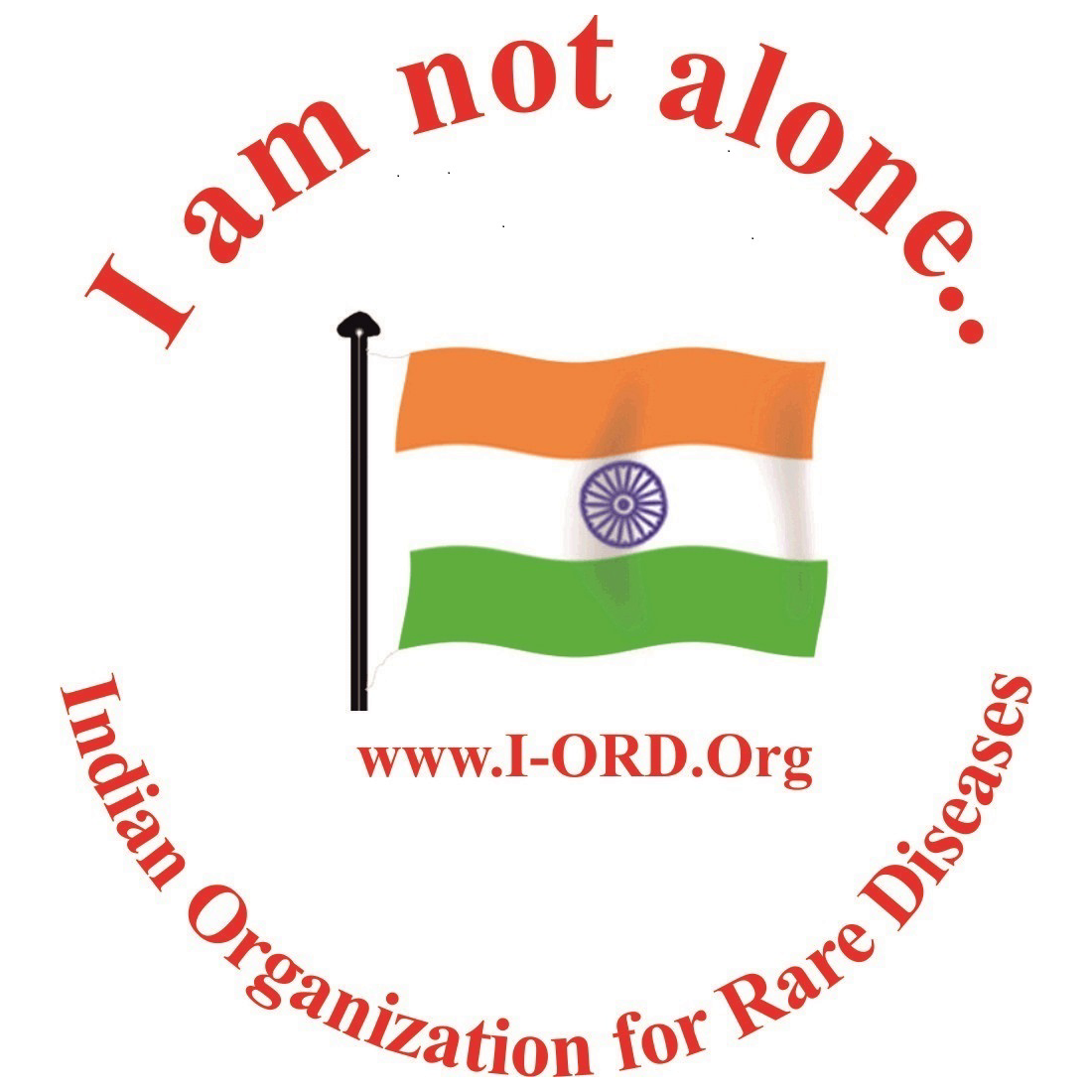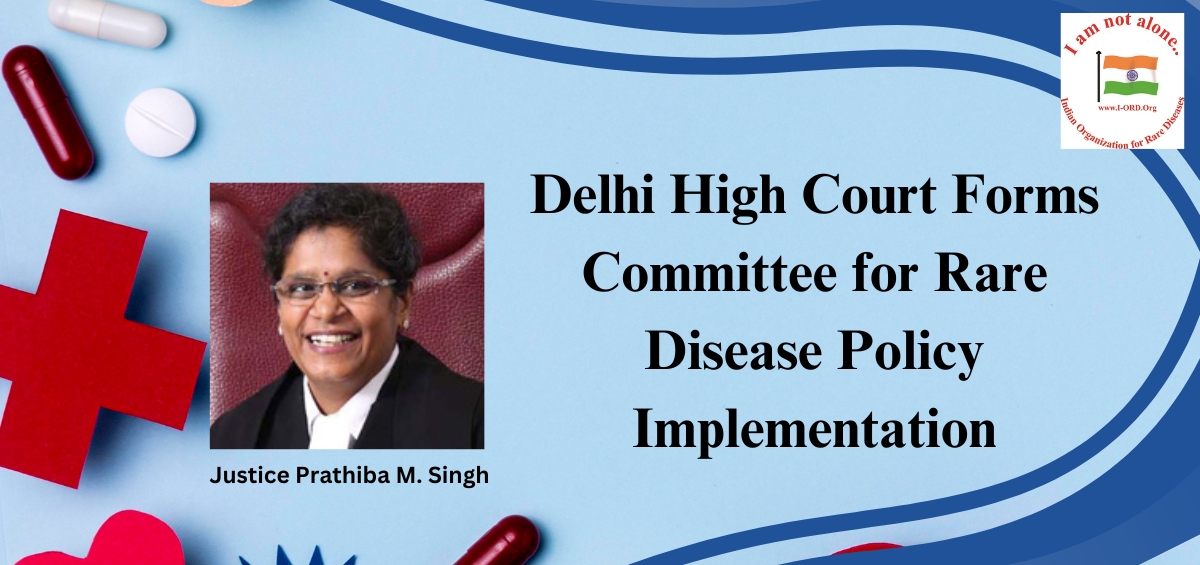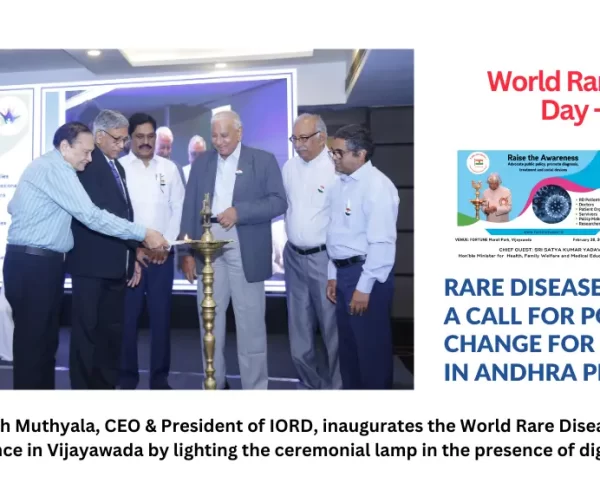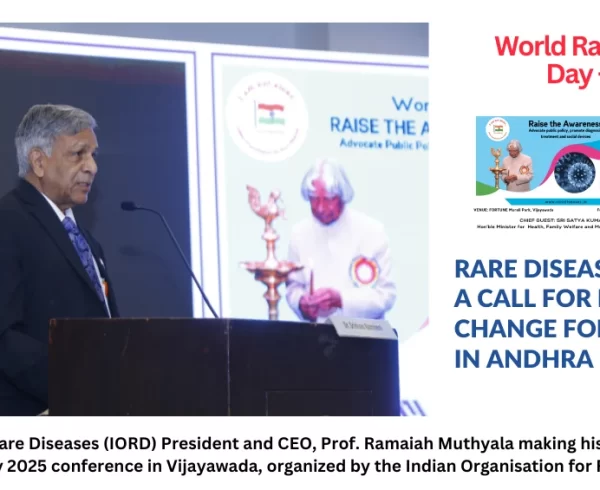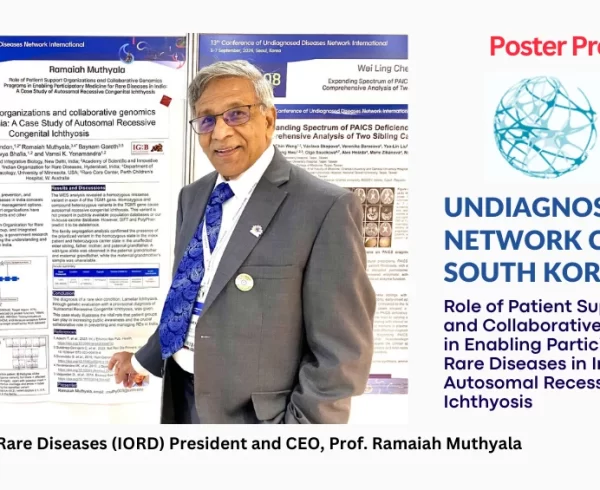In a significant development for the entire rare disease community and stakeholders in India, the Delhi High Court has ordered steps for implementing the National Rare Disease Policy, 2021 formulated by the Central Government.
Justice Prathiba M Singh, on May 15, directed the formation of a five-member committee to oversee the implementation of the policy and address the rare disease cases registered with the All India Institute of Medical Sciences (AIIMS).
Recognizing the urgency of the situation, Justice Prathiba M Singh emphasized the need for close coordination between the medical community, providers of therapies for rare diseases, and governmental agencies. The current framework lacks central coordination, leading to delays and insufficient availability of therapies for patients with rare diseases.
The court’s decision came during the hearing of a group of petitions filed on behalf of children suffering from rare diseases. The National Committee for Rare Disease will consist of members such as Dr. Nikhil Tandon (Professor at AIIMS), the Secretary of the Ministry of Health and Family Welfare or a nominee, the Director General of the Indian Council for Medical Research (ICMR), the Drug Controller General of India and Dr. Madhulika Kabra (Professor at AIIMS).
The committee’s main mandate is to take all necessary steps for the implementation of the National Rare Disease Policy, 2021. This includes addressing the procurement of therapies and drugs, establishing a logistical framework for treatment administration, and exploring ways to make indigenous therapies and medicines more accessible to the large number of patients affected by rare diseases.
Additionally, the committee will periodically review the policy and recommend any necessary changes to the Ministry of Health and Family Welfare. It will also focus on finding solutions for patients whose treatment has been discontinued due to funding issues, ensuring that adequate doses are provided without delay.
The court emphasized that the committee is free to consult with relevant experts, organizations, or individuals to facilitate the policy’s objectives and expedite the procurement of medicines and therapies.
This decision was made in response to 96 petitions filed by family members of children suffering from rare diseases, highlighting the pressing need for action in this critical area.
